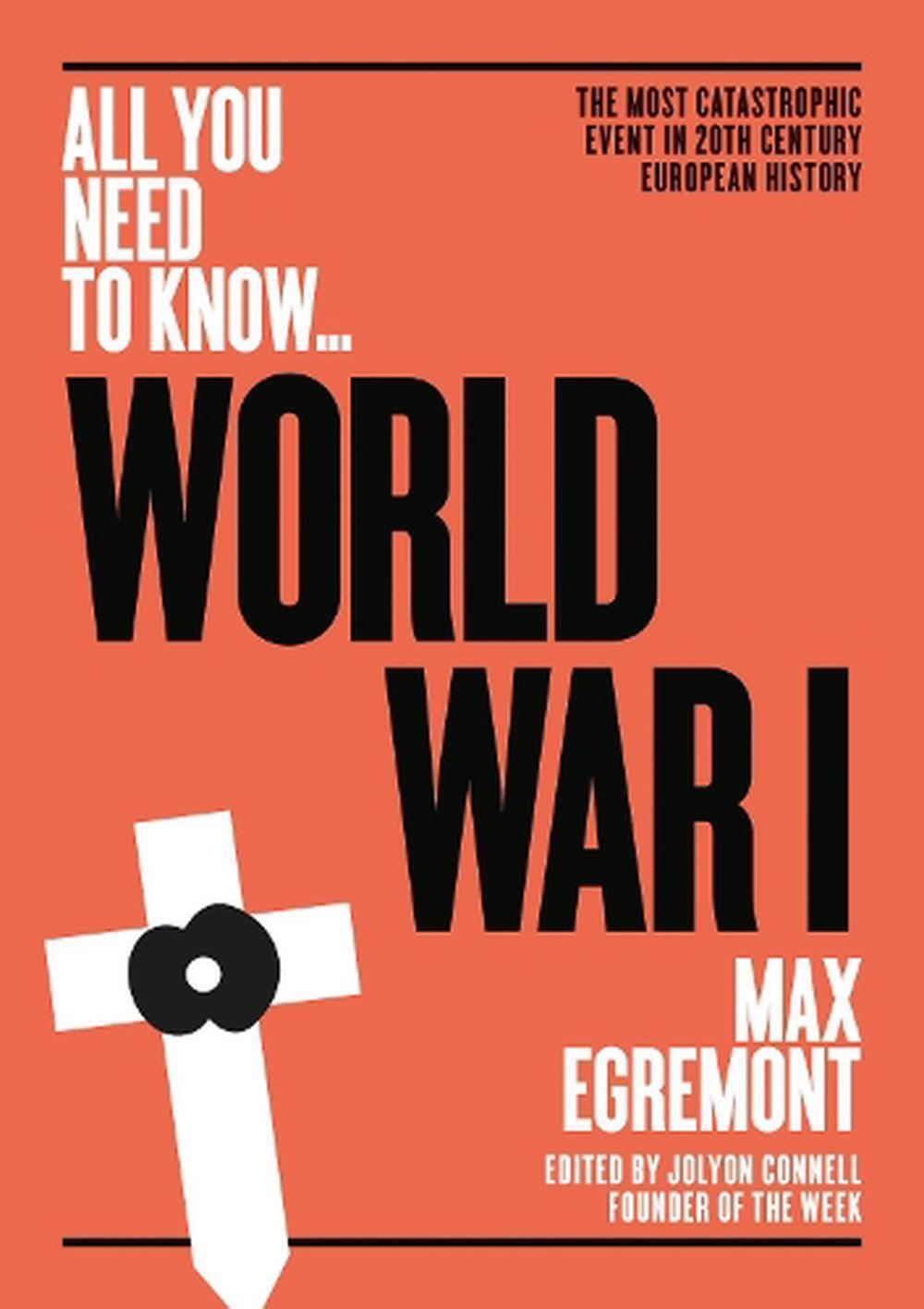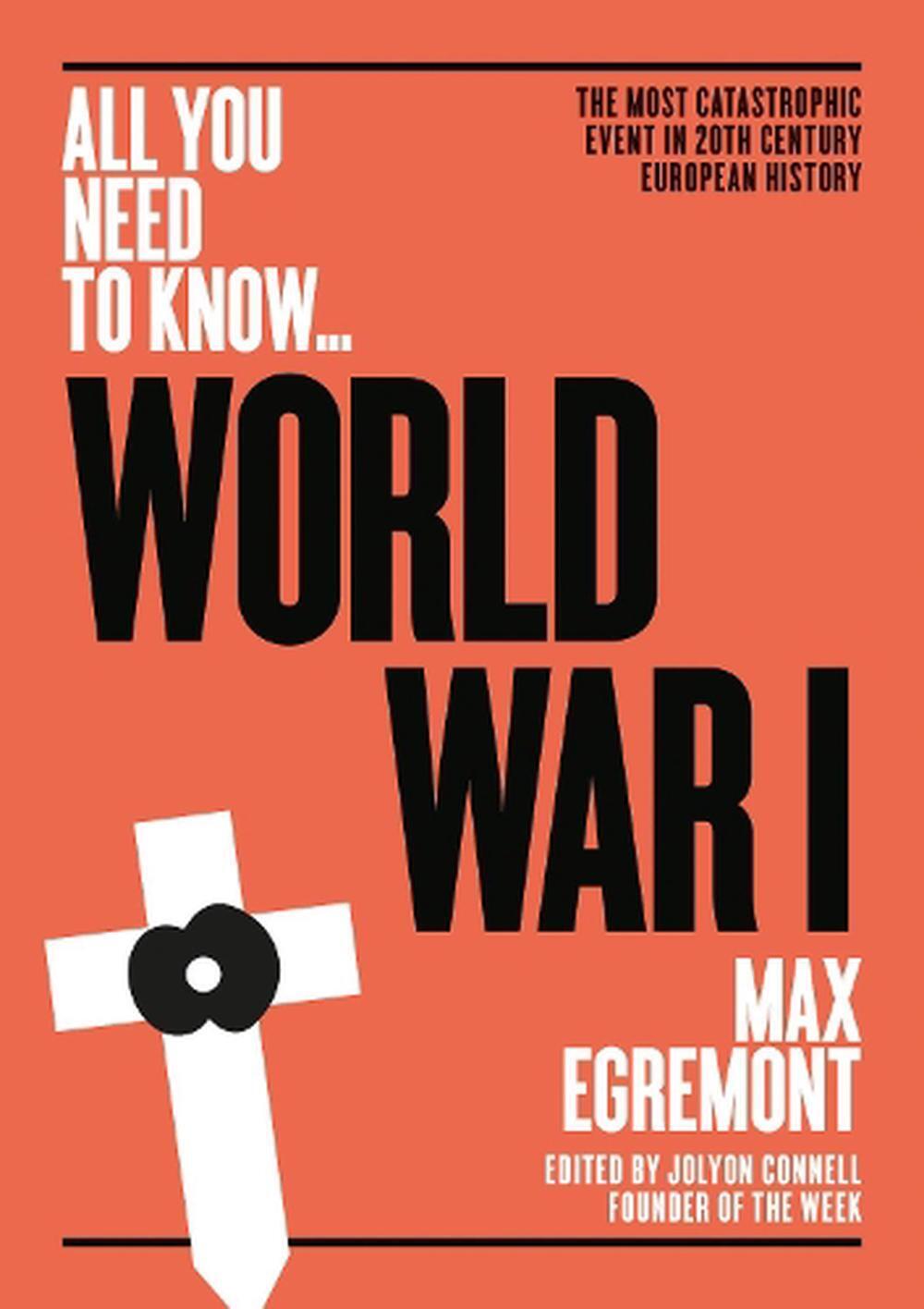All You Need To Know … World War I
Usually shipped within 24 hours
UK deliveries from £4.95
Delivery & Returns
Delivery & Returns
We use the Royal Mail, DHL Express or UPS for our customers. For UK addresses, deliveries under 10kg are a standard £4.95 via Royal Mail Tracked 48 Service. For orders over 10kg and overseas customers, postage is calculated for you at checkout once you have entered your postal address. This price, does not include any potential custom charges that may apply, depending on the product or destination, as every country has very different import duties / taxes. Online exclusive products (such as trainers) will be delivered to you directly from the printer, separate from other items in your order, but your postage fee covers ALL items in your order.
If you are unhappy with your purchase, please email shop@tankmuseum.org within fourteen (14) working days of receiving your goods, and return it to us at the address below, in its original condition, unopened (with any seals and shrink-wrap intact) and we will issue you a full refund or replace it. Goods must be returned at your own cost. If the item is faulty, you do not need to return it, we will send you a replacement free of charge.
Description
Description
By Max Egremont
Paperback
For many, before 1914, a huge European war had seemed impossible. Conflicts in the Balkans flared up yet stayed contained. The Belgian historian Henri Pirenne wrote to a friend in December 1905: Do you really believe in the possibility of a war?
For me it is impossible to have the least fear in that regard. In March 1912, the British peer Lord Esher an authority on defence matters told an audience of Britain s senior Generals that war becomes every day more difficult and improbable . After all, what could be gained by war? In 1909, the British writer Norman Angell claimed that with the increasing interdependence of nations war could not benefit the victor. All participating countries would be impoverished; the idea of victory was a great illusion.
In this short guide Max Egremont looks at controversies which have raged over the years. What caused the war? Who should be blamed for its outbreak? Should Britain have joined in and, after it did, were its soldiers really, as has been claimed, lions led by donkeys ? What was America s role? And was the final peace settlement as fair and sensible as possible in the circumstances or, by humiliating Germany, did the Allies pave the way to a Second World War, a truly global conflict which turned out to be even bloodier and more destructive than the First?








